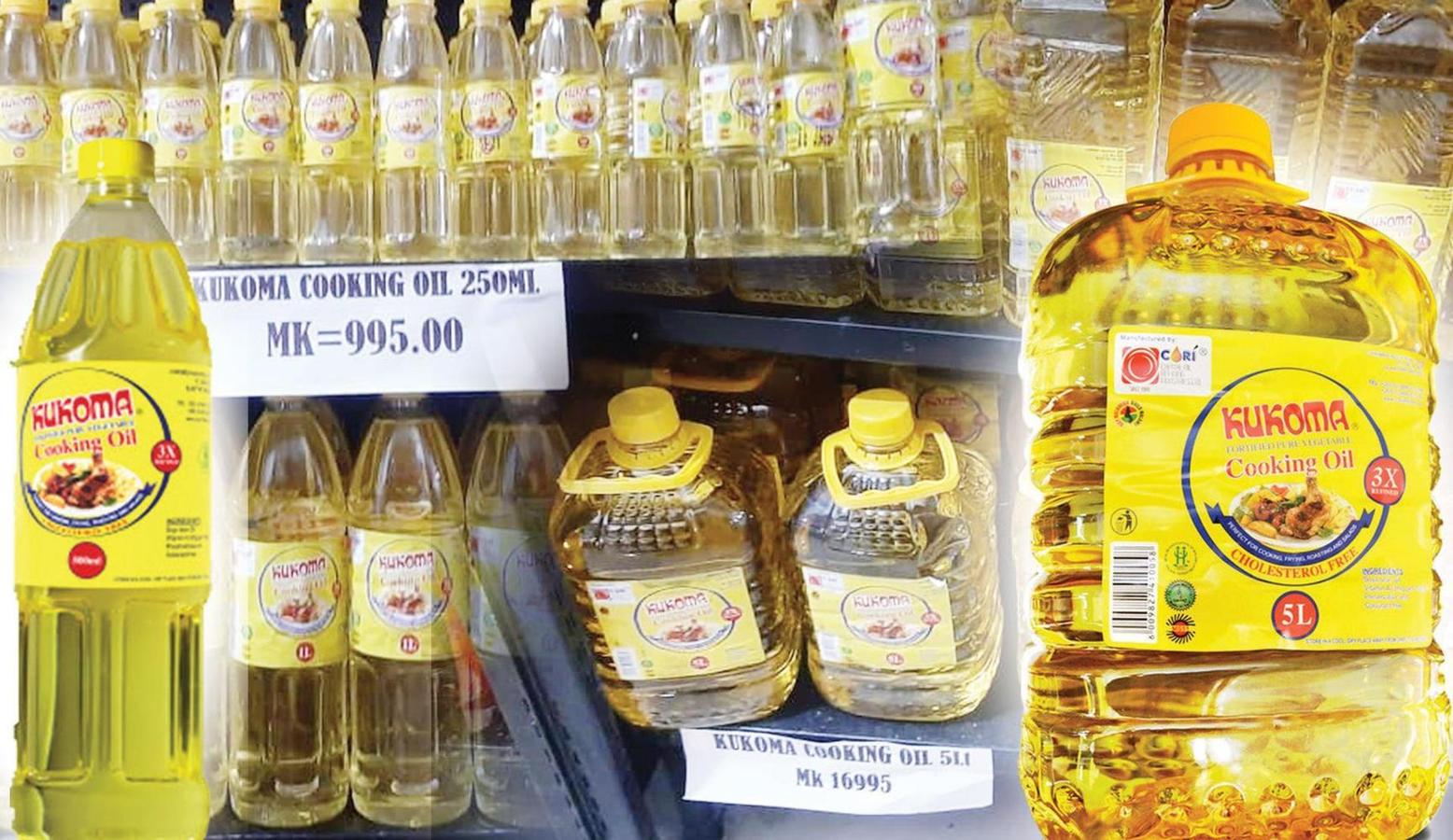Africa-Press – Malawi. Most Malawians continue feeling the pinch of the rising cost of living exacerbated by disrupted global supply chains brought about by the Covid pandemic and other chronic domestic challenges.
Consumers—most of who are finding it hard to make ends meet—have since asked the government to hastily intervene by engaging manufacturers on possible remedies, saying the situation, coupled with the ever dwindling buying power, is becoming unbearable.
Lately, there have been increases in costs of basic items such as transport, food and housing. For instance, prices of bread range between K950 to K1,200.
A two-litre bottle of cooking oil is now being sold at between K6,900 and K7,200 from between K4,200 and K5,200 in January. This represents a 38.4 percent rise within 10 weeks.
“We did not expect this jump in the price and K7,200 is a substantial amount to spend on a two litre bottle of cooking oil in this tough economic time. This will make our lives tough,” says Jessie Ngunda, a consumer we found at the Northgate Arcade shopping centre in Blantyre.
Gracious Bonga, another buyer we found, said there was a need for the government to investigate the legality of the price increases and engage the manufacturers to find a way out of the trend.
Consumers Association of Malawi (Cama) Executive Director John Kapito said there was a need for the government to investigate margins on some of the local products and ban importation of similar products.
“We said it before that the issue was not necessarily the VAT on cooking oil but because these people import; some of the materials so, to reduce the prices, the government should enforce production of such commodities using locally available resources and strengthen the Kwacha against other currencies,” Kapito said.
Minister of Information and government spokesperson Gospel Kazako referred us to the Ministry of Trade and Industry, saying they were already handling the issue.
Ministry of Trade spokesperson Mayeso Msokera attributed the skyrocketing commodity prices to global trends including rise in fuel prices and the weakening of the Kwacha on the domestic market.
He said most of the cooking oil producers, for instance, import crude oil and refines it in the country which makes it difficult to avert some of the external shocks.
“We continue to monitor trends in the market and, whenever we find that the prices are not justified, appropriate action is taken by the Competition and Fair Trading Commission.
“In the long-run, we are promoting the use of locally found materials for production of such items to mitigate the impact of imported shocks. We are working with the private sector to work with local farmers and invest in value addition which will eventually stabilise prices of the commodities,” Msokera said.
The situation has also been reflected in headline inflation, which went up in January to 12.1 percent from 11.1 percent recorded in December 2021. Recent figures from the National Statistical Office (NSO) show that the increase in year-on-year inflation was due to an increase in food inflation by 0.6 percent to 14.2 percent in the month from 13.6 percent in the preceding month.
Non-food inflation, however, went down by 3.2 percent to 9.6 percent from 12.8 percent in December 2021. In an interview, Malawi University of Business and Applied Sciences-based economist Betchani Tchereni said both inflation and commodity prices would continue to rise in the short to medium terms.
“We have done research and communicated that inflation in Malawi is imported so that as long as global fuel prices are going up and the inflation is going haywire, expect inflation to keep rising. Prices of commodities will continue going up because most of the materials we use for production are also imported and 90 percent of what we buy is imported. So this will not stop,” Tchereni said.
A recent Basic Needs Basket Report published by the Centre for Social Concern showed that the cost of living for a family of six in an urban setting rose to K221,543 in the month of October, the highest recorded in the country.
This represents an eleven percent increase year-on-year when compared to the K198,917 recorded in October 2020 and a 6.8 percent rise month-on-month compared to K207,334 in September.
For More News And Analysis About Malawi Follow Africa-Press






